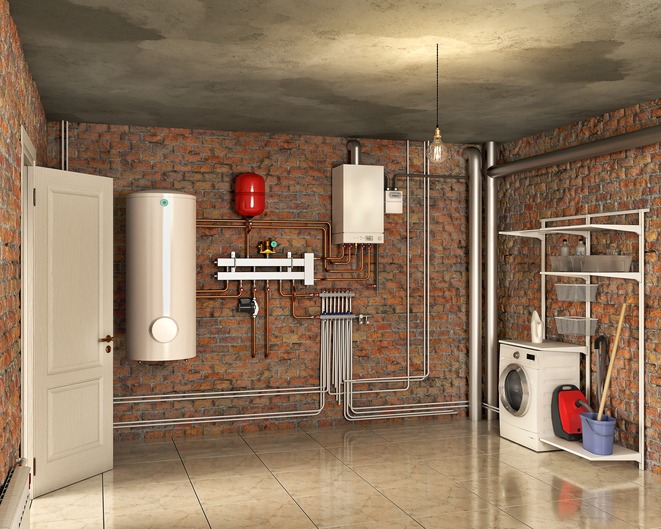Basements have been built under houses for the past few decades for extra storage space and additional living areas. The primary reason attributed to the popularity of basements can be the soaring property prices and the increasing population that tried to grapple with it. When property prices peaked, getting a home with an in-built basement seemed like the best choice. That is why several homeowners opt for basement developers to construct a proper basement for various reasons, even for rental purposes.
Having said that, this could beg the question of how a basement can be developed on any given property and
What should you keep in mind before building a basement?
As with everything else, you need to bear a couple of specifics in mind to establish a basement in your existing property. Here is a quick list:
Basics
First, you need to check the basics of building a basement which include the following:
- Waterproofing concerns
- Ample natural light in the basement
- Drainage concerns
- Enough ventilation
- The internal and external foundation of your building
- Approval for building the basement
What is the role of the basement in your property?
After you take care of the basics, you now need to consider whether you are planning to make the basement habitable or non-residential. In either scenario, you will need a permit from your area’s building authority board.
If you plan to use the basement as a habitable area, you need to ensure that it has ample natural light and ventilation. You will also need to address all waterproofing and drainage concerns to make sure you are not adding waste. Alternatively, if you plan to use the basement for storage, you wouldn’t need the natural light. However, you still need to consider ventilation, building approval, and other concerns. Non-residential basement spaces can be used as a garage or conventional wine cellar. However, if you plan to invite guests over and stay in your basement, which is listed as a non-residential space, you will need to apply for other permits.
What should you do if your basement cannot accommodate natural light?
Often, basements can only accommodate natural light if they come with in-built windows and doors. Other times you cannot build a door or window in the basement because it is practically impossible. In either of these situations, you can install skylights or specialized light fittings. You can use external light to simulate natural light. Regardless of the option, it is crucial to understand that lighting is a big factor when establishing a basement on your property. So, before planning everything else, make sure you consider the lighting concerns judiciously.
What are alternatives to natural ventilation?
As with natural light, some basements cannot accommodate natural ventilation. In these scenarios, you can opt for mechanical ventilation. The top options can be fans and exhaust units. Both of these devices will effectively purify the air and help get rid of the stale scent. After all, you don’t want any irregular or damp smell if you build the basement to accommodate a pool, gym, or a similar area. The key is to prevent the growth of mould and any form of moisture because that will eventually affect the foundation of your property, leading up o potential damages in the long run.
Conclusion
Building a basement on your property can increase the curb appeal of your home. On top of that, you get plenty of extra space that can be used as a spare room for additional tasks. If you are in a money crunch, you can even rent out the basement for some extra bucks. However, you can also rely on basement developers who can do the same task for a small fee.
These developers are trained at the task, and you wouldn’t need to worry about sourcing the raw materials and installation. They can help build you a basement on your residential property. Even if you plan to build the basement alone, it doesn’t hurt to consult these developers for sound advice regarding the specifics of your new basement. When the job is done, you will be left with a massive spare space that enhances your lifestyle and can double as a residential or nonresidential unit at any point.

